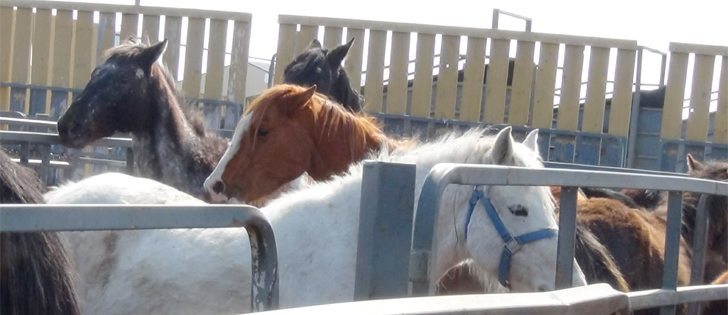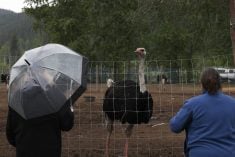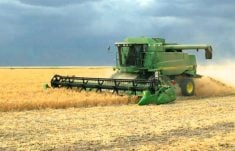Kaley Pugh, manager of animal services with the SPCA, said all animals seized in the investigation have now been placed in temporary or permanent homes.
Last week, the SPCA issued a call for help seeking new homes for the animals and financial assistance to help offset the costs of feeding and caring for the animals.
The organization spent roughly $7,000 to take possession of the horses, which included seven bred mares, one mature stallion, one weanling, three colts, seven fillies and two miniature horses.
As of April 5, all animals had been placed in new homes, Pugh said.
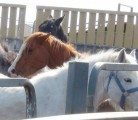
The late March seizure is the latest in a rash of cases involving cattle and horses in Saskatchewan.
In late February, the SPCA reported that the number and severity of cases involving neglected cattle and horses was up sharply.
Over a three-month period beginning December 2012, the SPCA reported a 76 percent increase in cases involving cattle and an 89 percent increase in cases involving horses, relative to the same period a year earlier.
Severe cases were also more common, the SPCA said.
In the winter of 2012-13, the SPCA responded to a total of 11 Priority 1 cases involving cattle and horses, compared to just two Priority 1 cases a year earlier.
A Priority 1 case is one that requires immediate action by the SPCA and involves animals that are dead, dying, starving, left without water or facing immediate risk.
Read Also
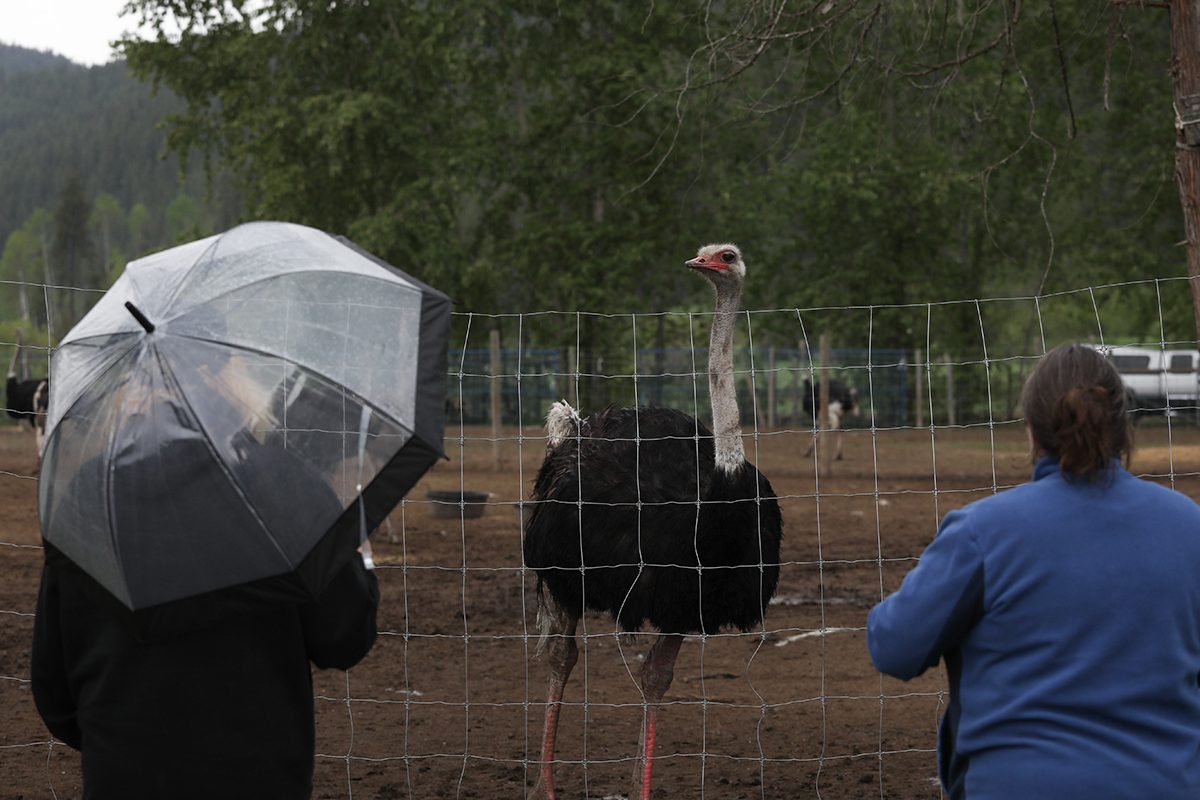
B.C. ostrich owner condemns violence near embattled farm
One of the owners of Universal Ostrich near Edgewood, B.C. condemned the alleged assault and arson against one of the farm’s neighbours said to have been committed by a protestor. The farm is in a legal battle with federal authorities over a cull order of the farm’s ostriches, which contracted avian influenza.
The winter of 2012-13 has been particularly challenging for farm animals, with many areas experiencing heavy snowfall and extended periods of extreme cold.
Currently high feed costs are also creating additional pressure for animal owners.
“Producers have an obligation to care for their animals year-round, even when conditions are tough,” Pugh said.
“The majority of Saskatchewan cattle producers and horse owners do a very good job caring for their animals. That’s why it’s particularly disturbing when we encounter situations where animals have suffered long-term neglect and are clearly in distress.”
Also last week, a Manitoba couple pleaded guilty to seven counts of animal abuse under the province’s Animal Care Act.
A variety of charges were laid against the couple after a 2010 investigation led to the seizure of 64 dogs that were wounded, ill, in need of medical attention and improperly confined.
Following the seizure, the dogs were taken to the Winnipeg Humane Society for assessment and medical care.
Thirty four dogs were eventually euthanized because of significant physical injuries or behavioural impairment.
In September 2010, Manitoba’s Animal Care Act was amended, increasing the fines and penalties that can be imposed for animal neglect.
Maximum penalties under the act are now set at $10,000 per count and/or six months imprisonment.
Judith and Peter Chernecki of Gull Lake, Man., will appear in court for sentencing on Sept. 17.
Gull Lake is located about 100 kilometres northeast of Winnipeg.


